Want to add a hotel stay or change your flights?
Just call our team of cruise specialists to help build your dream cruise holiday today!
Prices based on 2 people sharing. Cruise only price does not include flights. Fly-cruise price may vary by chosen UK airport.
(Prices correct as of today’s date, are updated daily, are subject to change and represent genuine availability at time of update).
Cruise only holidays are financially protected by ABTA. Fly cruise holidays are financially protected by AE Expeditions under ATOL number
Please click here to check the essential travel requirements before booking this cruise.
Itinerary
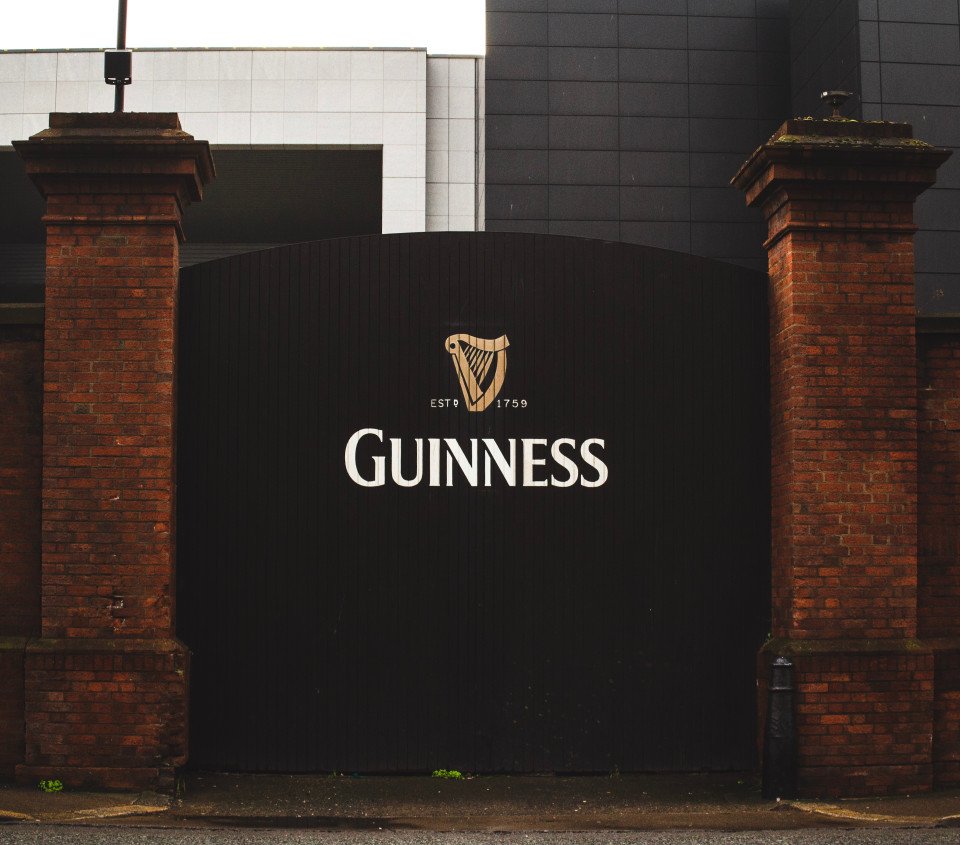
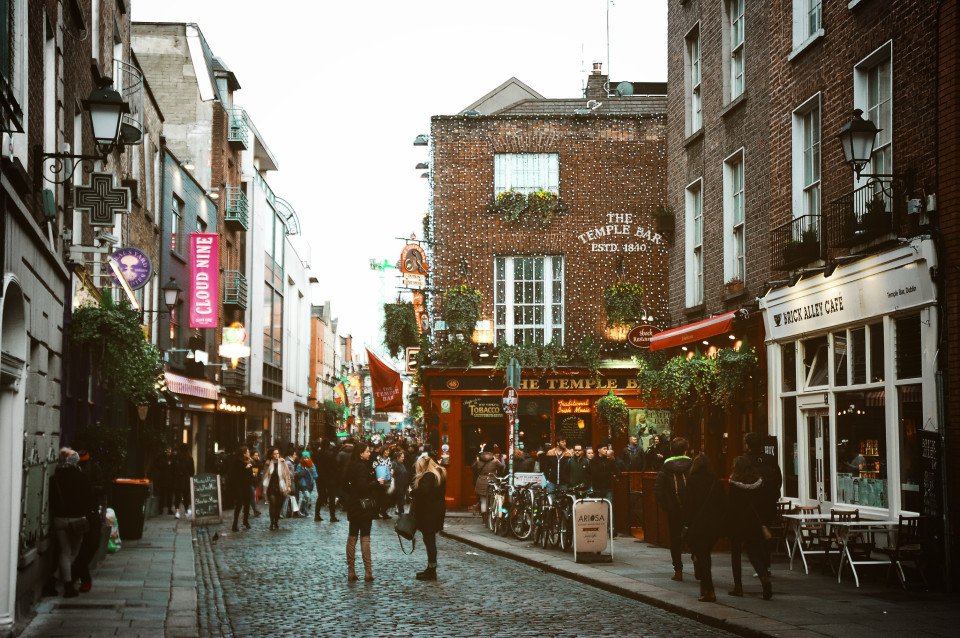
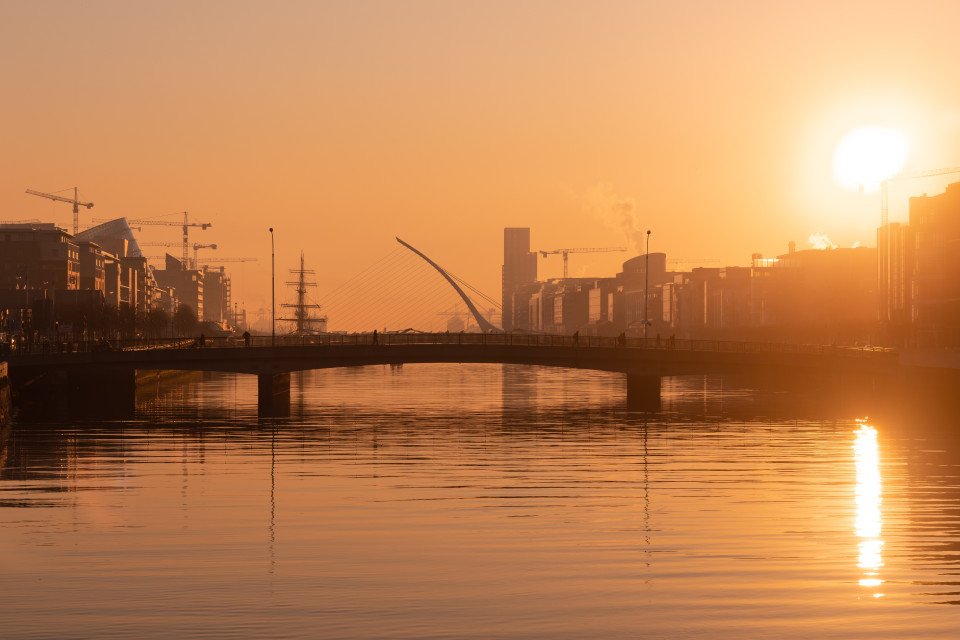
Dublin
Welcome to Dublin. On arrival at Dublin airport make your way to the Arrivals Hall to meet our representative, followed by a transfer to our group hotel. At the hotel, visit our hospitality desk in the lobby to meet our team who will provide you with useful information regarding pre-e... Read More
Dublin
Dublin
Waterford
Cork
Bantry
Dingle
Galway
Killybegs
Londonderry
Belfast
Dublin
What's Included with
AE Expeditions
From the start, AE Expeditions was destined to be different. Our passion for adventure, exploring wild places and sharing the experience with friends burns just as brightly as it did 30 years ago, as does our preference for small-group, personal expeditions.
Explore Douglas Mawson


Dining room
One of the most important parts of any expedition is the food! Whatever adventures the day holds, you will be fuelled-up with hearty meals and delicious morning/afternoon teas cooked by our onboard chefs.
Meals are a great time to soak up the expedition camaraderie in our open seating dining area. Share stories with your fellow travellers and ask our expedition team questions that may have come up during the day.
Tea, coffee and snacks are available 24 hours a day, and our chefs offer different menu options and courses for each meal. Enjoy the range of house wine, beers and soft drinks included with dinner after a long day in the wild.
We also invite you to join your captain and expedition team for informal Captain’s Farewell drinks, with complimentary beverages and cocktail appetisers, followed by a 3 course meal.




Activities
Whether it’s adventure at sea or on land that makes you tick, we have a huge range of optional activities to help you make the most of your time in some of the most beautiful places on earth.
We encourage you to make the most of every opportunity to nurture your inner adventurer. You can choose from a range of add-on adventures to make the most of your time in these beautiful places. We have pioneered more adventure activities than any polar expedition cruising company to help you explore in your own way.
We’ll get you out for your optional activities as often as possible, and this will be your main mode of exploration through your trip. Your guides* will assess the conditions at each landing, and you’ll have the option to join whenever conditions allow.
Optional activities are popular and group sizes are limited, so if you’re interested, get in touch with our team as soon as possible. Optional activities are listed on each itinerary page and additional fees apply.






Bars & Lounges
Communal meeting areas have always played a major role in fostering the warm camaraderie on board our ships. They are the heart of the expedition, where people meet to share tales from the day, swap photos, keep an eye out for wildlife and watch the sun go down.
The bars and lounges on board are refined yet inviting places to gather, with floor-to-ceiling windows offering stunning views, and of course friendly bartenders to shoot the breeze with.


Jacuzzis
There are two Jacuzzis on the top outside deck which offer amazing views of the world outside.
Deck 8

- Seating area
- Observation lounge
- Top-deck restaurant
- Bar
- Observation decks
- Elevator
Deck 7

- Gym
- Sauna
- Seating area
- Observation decks
- Swimming pool and sun deck
- Jacuzzis
- Bridge
- Elevator
- Junior Suite
- Aurora Stateroom Superior
- Aurora Stateroom Superior Single
Deck 6

- Library
- Upper glass atrium lounge
- Elevator
- Balcony Stateroom Superior
- Balcony Stateroom (A, B, C)
- Junior Suite
Deck 5

- Lecture room & lounge
- Assembly station
- Reception
- Ship shop
- Dining room
- Bar
- Lower glass atrium lounge
- Elevator
- Citizen Science centre
Deck 4

- Elevator
- Main entrance
- Expedition desk
- Captain's Suite
- Balcony Stateroom Superior
- Balcony Stateroom (A, B, C)
Deck 3

- Change room/mudroom
- Zodiac access points
- Activity launching platform
- Medical clinic
- Elevator
- Aurora Stateroom Triple
- Aurora Stateroom Twin
- Aurora Stateroom Superior Single
- Aurora Stateroom Single
Douglas Mawson Cabins & Suites




Aurora Stateroom Twin





Balcony Stateroom Superior



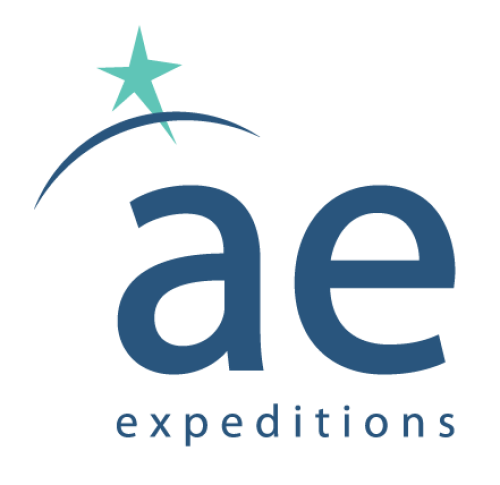
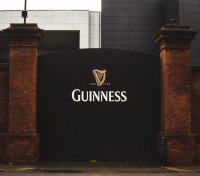
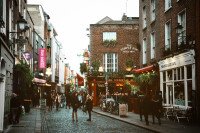
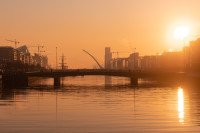















-large_thumb.jpg)





-large_thumb.jpg)